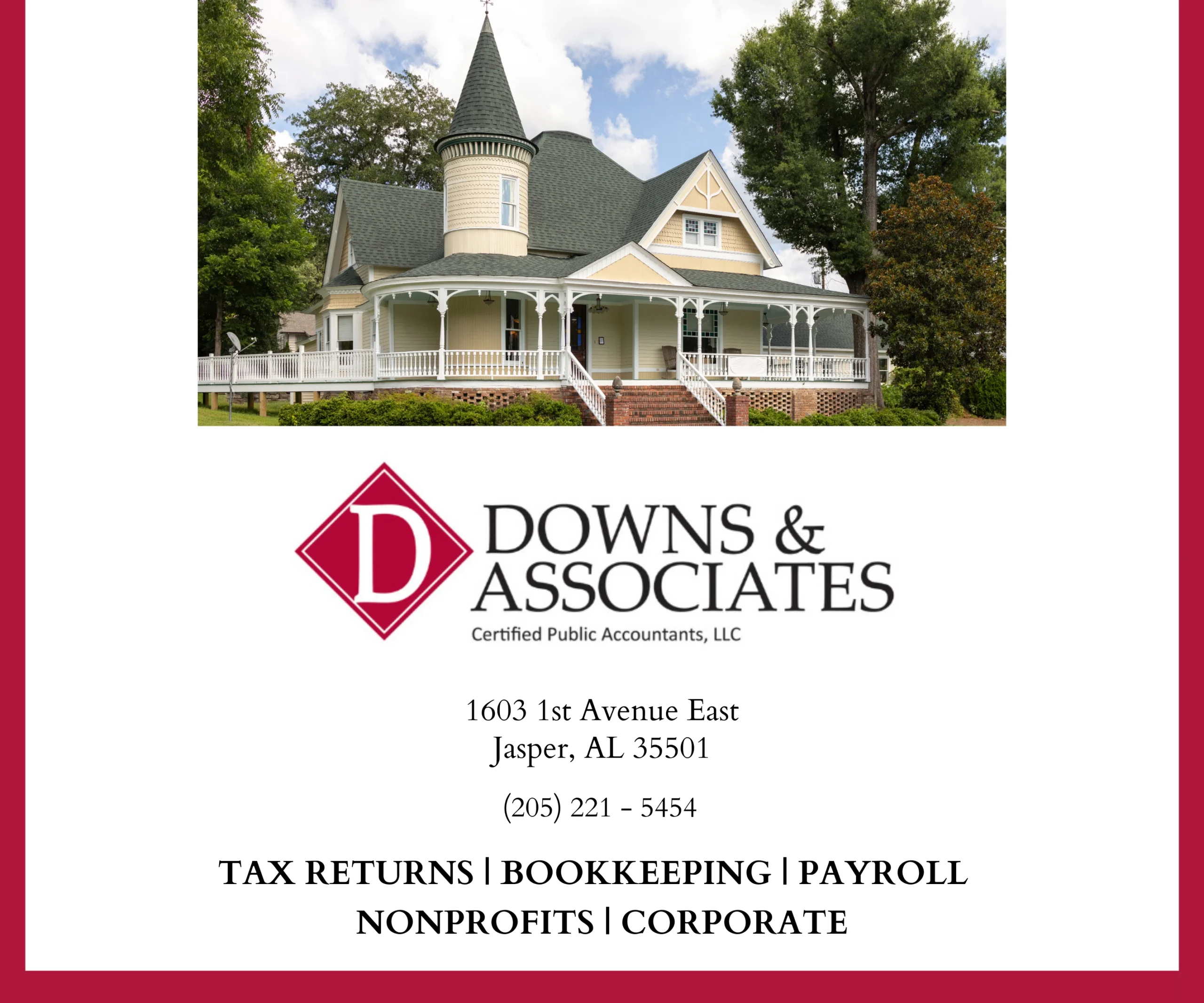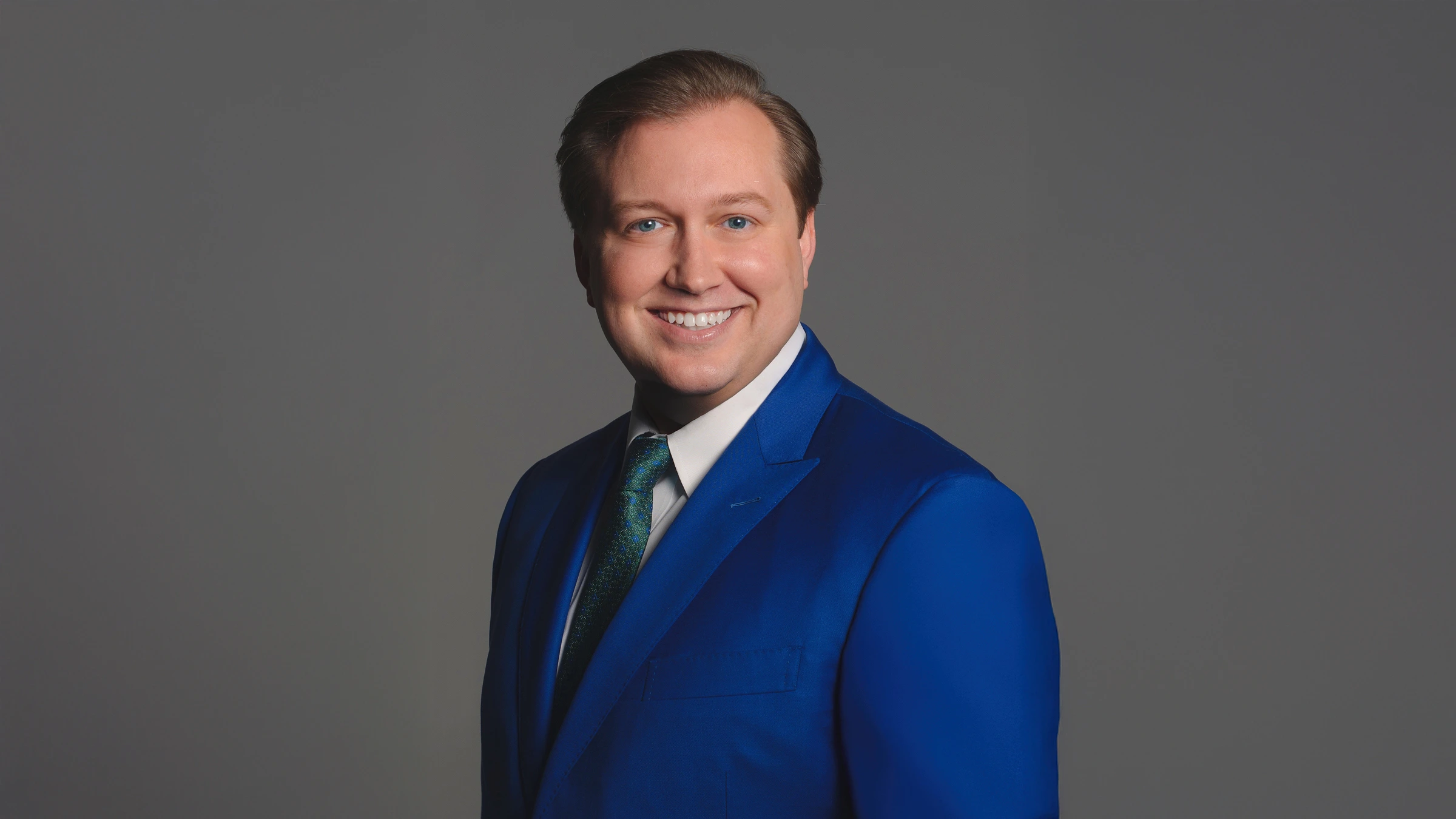Words by Jenny Lynn Davis | Images by Al Blanton
For generations of students who passed through the halls of Sipsey Junior High School, one figure stood out as steady and unmistakable: Mr. Donnie Bridges. He was the principal known for being a tough but fair leader, a wise mentor, and the man who could hand down discipline one moment and offer a listening ear the next.
Long before his name was ever etched into the collective memory of Sipsey, Bridges’ seventh grade history teacher, Lucille Parnell, pulled him aside and asked him a simple question: “Donnie, have you ever thought about being a teacher?” She listed his strong suits that aligned well with the career path, but it wasn’t until she pointed out the perk of summers off that the idea stuck. “I decided right then that I wanted to be a teacher,” Bridges recalls with a laugh. “I set goals for myself, and with the good Lord’s help, I accomplished them. I wanted to be a teacher, a coach, and a principal, and I became all three.”
His calling kept him at Sipsey. For 40 years, spanning the entirety of his career, Bridges poured himself into the school, first as a history teacher, coach, and assistant principal, and later for 22 years as principal. Along the way, he credits his own mentor, longtime Sipsey principal and former Walker County Schools superintendent Maury Fowler, with shaping his vision for leadership. “He told me that he believed I had it in me to become principal,” Bridges says. “From then on, I just wanted to be a principal.”
The Sipsey years were centered around a school culture that felt individual and unique, even in a county filled with proud schools. “The people of Sipsey were very good to me,” Bridges remembers. He pointed to individuals and community leaders such as John Drummond, Randy and Becky Harris, Mike Harris, Steve Griffin, Ronnie Handley, Ken Glover, George Alford, and Lehman Reese for their continued collaboration with and support of the school throughout his career. And then there was the school secretary, Lila Farley. “She practically ran the school,” he says with a chuckle. “She kept up with the books and finances — sometimes I didn’t even know how much money we had, but she always did. She was as good as they come.”

As for his leadership style, Bridges carried a reputation for being firm but compassionate. “Students knew they could come talk to me, and I would listen,” he said. “I didn’t see race or economic status; to me, a kid was a kid. My door was always open. I wanted them to reach their potential and strive to always do their best, and sometimes that involved tough love, but it always came from a place of care.”
Some of his fondest memories come from the sidelines. In his very first year coaching at Sipsey, he helped lead the football team from a winless season to an undefeated one, beginning with a redemption victory over Cordova. “At the end of the season, the players carried me into the showers and soaked me with cold water,” he laughs. “I was shivering all over, but it’s still one of my favorite memories.”
Not every year was easy. Pressure from county and state test scores often weighed heavily on smaller schools like Sipsey, which served many lower-income families. “I challenged my teachers to keep students at or above grade level, and most of the time, they did,” Bridges says. “I had great teachers, and I was always proud of the work they did.”
After decades of leadership, Bridges faced one of his hardest decisions. In 2013, he retired, knowing the school was slated to close soon after. “I didn’t want to be there for that,” he admits. “Sipsey had wonderful students and supportive parents, and I knew I’d miss them most of all.” The following year, the doors shut permanently, along with T.S. Boyd Elementary and Parrish High, marking the end of an era for generations of families.
Retirement brought a new rhythm and a chance for Bridges to keep connecting with former students in an unexpected place. “I keep the flea market on Highway 78 in business,” he says with a grin. “Some students see me there and come hug my neck and say, ‘Coach, I love you.’ Others say, ‘Mr. Bridges, I love you.’ Either way, it feels good. You can always tell if they were from the older generation or the younger generation based on whether they call me “Coach Bridges” or “Mr. Bridges.” I love them all the same.”
Though his days at Sipsey are behind him, the lessons he learned in his 40 years at the school remain. He recalls one bit of wisdom from Maury Fowler: “If you don’t make a few people upset, you’re not doing your job.” And from his mother, words that still guide him: “Don’t try to be somebody you’re not. Be yourself.”
When asked what he hopes his legacy is, Bridges didn’t hesitate: “That Mr. Bridges was fair, and that he treated people the way he would want to be treated.”
For those who walked through Sipsey’s doors under his watch, that legacy has already been written. His kind smile, open door, and deep care for his students left an imprint on a community that still remembers what it felt like to be known and valued inside the halls of a school as special as Sipsey. WL
Author’s Note: Writing this article was a true pleasure, as it gave me the opportunity to reconnect with Mr. Bridges, who was my principal from kindergarten through eighth grade. I feel incredibly fortunate to have experienced his leadership and to have been a part of the Sipsey school community.







